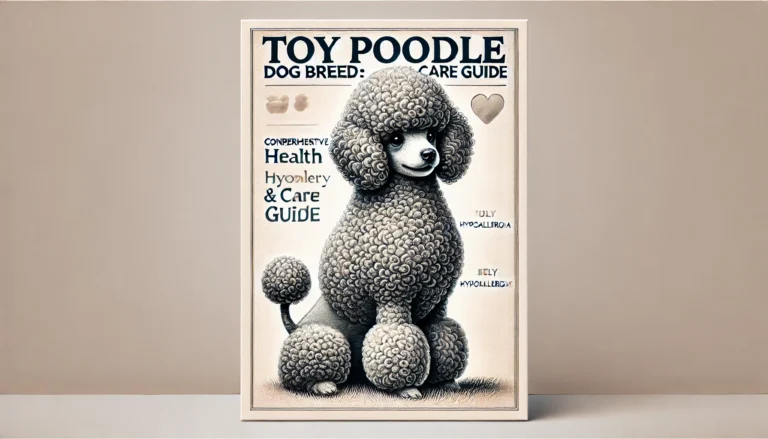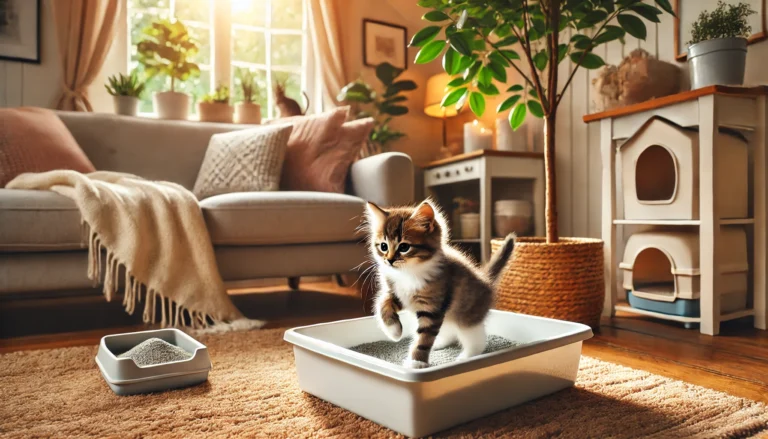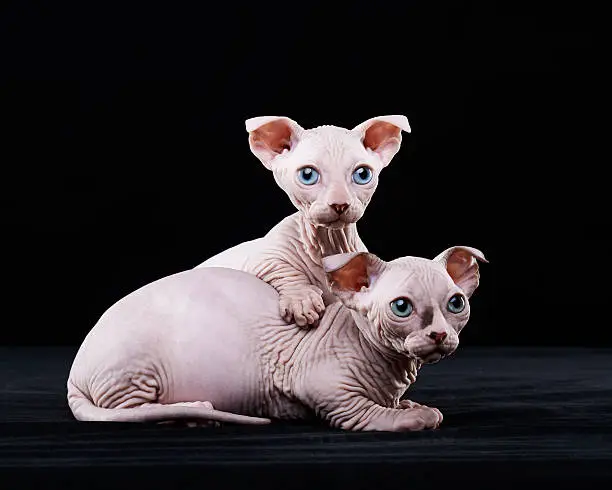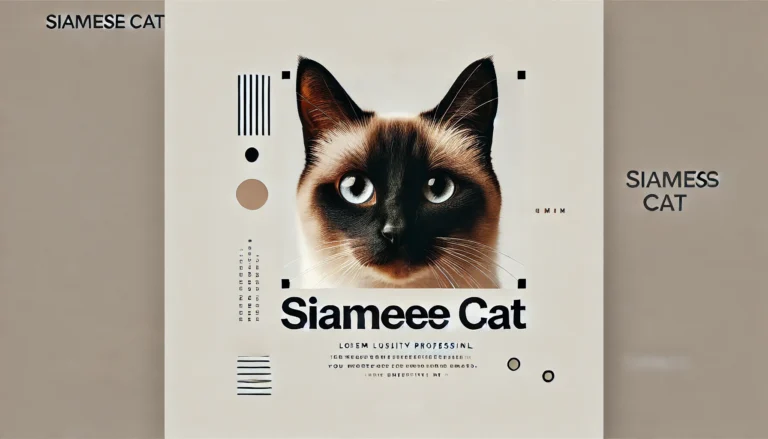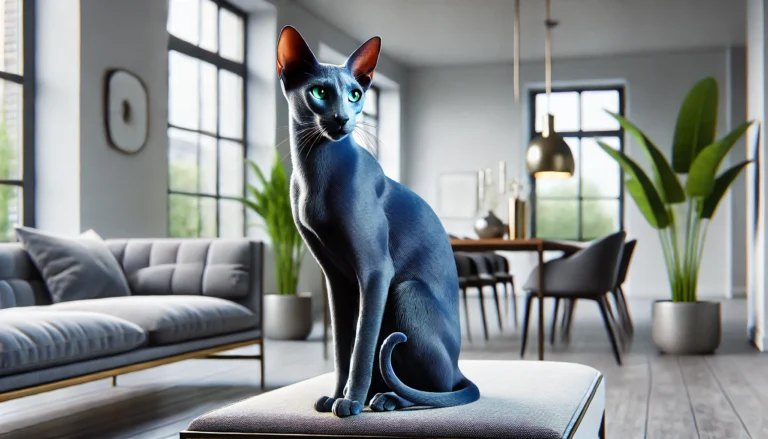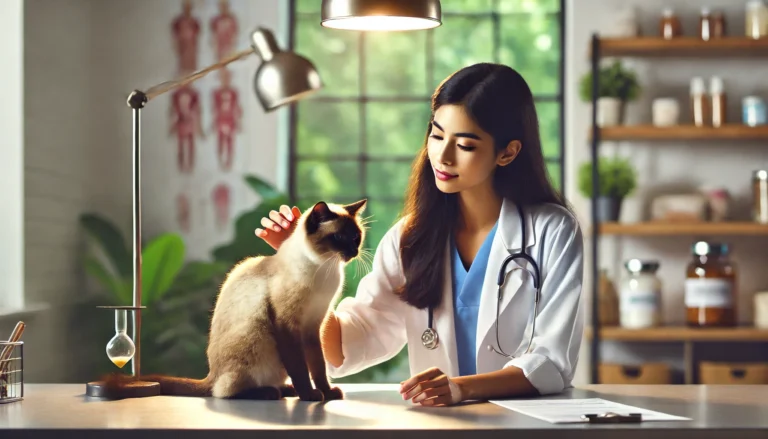Why Is My Cat Drooling? Unraveling the Reasons Behind This Odd Behavior
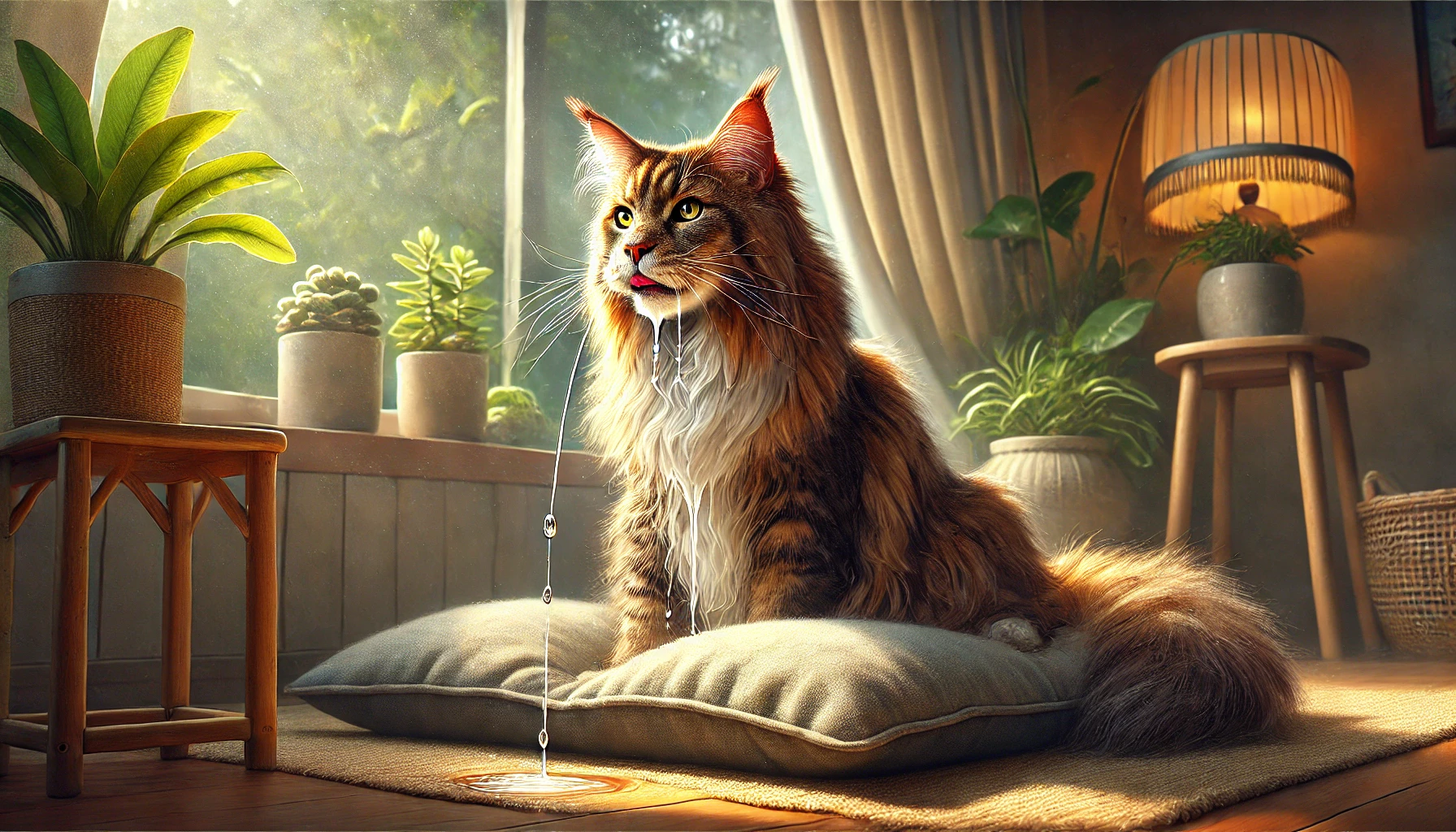
Intro to Car Drooling
Cats are known for their meticulous grooming and generally reserved nature, making the sight of a drooling cat somewhat unusual and potentially alarming for pet owners. Drooling, or salivation, in cats can range from normal, benign behaviors to indications of serious health issues. Understanding why your cat is drooling is essential for ensuring they receive the right care. Let’s explore the various reasons behind this behavior and what actions you might need to take.
Normal Reasons for Cat Drooling
Pleasure Cat Drooling
Many cats drool when they are extremely content or relaxed, especially when being petted or cuddling with their owners. This kind of drooling is normal and may occur when your cat is purring intensely or kneading with their paws, indicating a state of happiness and comfort.
Exposure to Tasty or Interesting Smells
Cats may also drool in anticipation of food or in response to certain smells that capture their interest. This type of drooling is temporary and generally not a cause for concern.
Health-Related Causes of Drooling in Cats
Dental Disease
One of the most common medical reasons for drooling in cats is dental disease, such as gingivitis, periodontal disease, or tooth resorption. These conditions can cause significant pain and discomfort, leading to excessive drooling.
Oral and Nasal Diseases
Other issues within the mouth, like tumors, ulcers, or foreign objects, can also lead to drooling. Respiratory infections, which might cause nasal discharge and difficulty swallowing, can additionally result in drooling.
Gastrointestinal Issues
Cats with gastrointestinal problems, including nausea, might drool more than usual. If your cat is drooling and showing signs of distress such as vomiting or lethargy, gastrointestinal issues could be the cause.
Toxin Exposure
If a cat ingests something toxic, drooling can be an immediate response. Toxic substances can include certain plants, household chemicals, or inappropriate foods. Rapid drooling accompanied by symptoms like vomiting or pawing at the mouth should be treated as an emergency.
Pain or Discomfort
General pain or discomfort from conditions like trauma or internal injuries may also manifest as drooling. This kind of drooling is often accompanied by changes in behavior or activity levels.
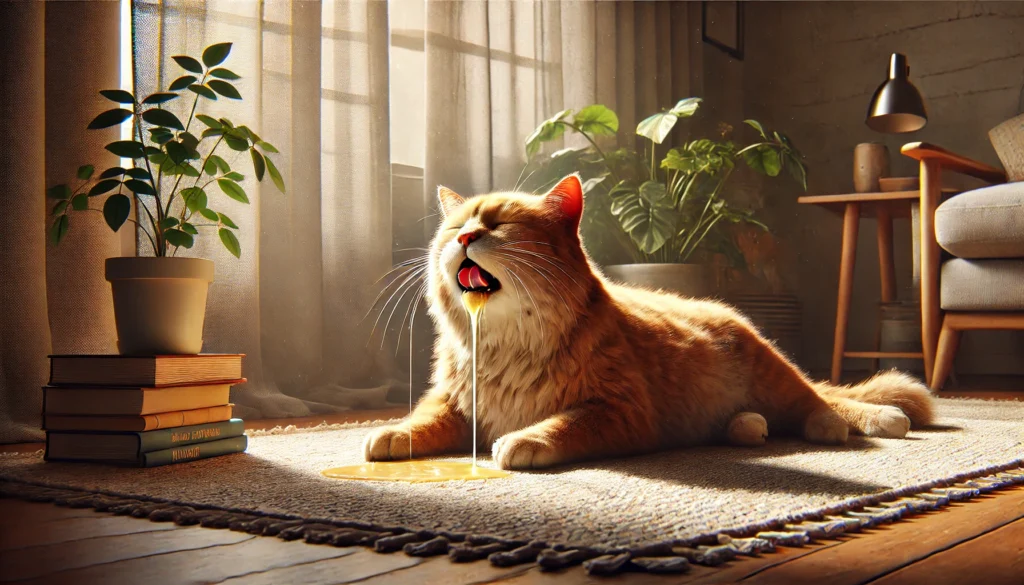
Diagnosing and Addressing Drooling in Cats
If your cat is drooling excessively or has suddenly started drooling, it’s important to consider the context and other symptoms they may be displaying. Here are steps to diagnose and treat drooling in cats:
Veterinary Examination
A thorough check by a veterinarian is crucial if the drooling is persistent or accompanied by other worrying symptoms. The vet may perform a physical examination, dental checks, and possibly X-rays or blood tests to determine the underlying cause.
Dental Care
For dental issues, professional cleaning, extractions, or specific treatments for gum disease may be necessary. Regular dental check-ups can prevent many dental problems in cats.
Managing Other Health Issues
Treatment for drooling will depend on the underlying cause. This might include antibiotics for infections, surgery for tumors, or specific treatments for toxin exposure.
Home Care
For cats that drool while purring or when exposed to certain stimuli, no medical treatment is necessary. However, creating a calm environment can help reduce stress-induced drooling.
do you know
Briefly introduce the topic, emphasizing the diversity and significance of cat noises as a means for cats to communicate with their owners and other cats.
Conclusion Car Drooling
While occasional drooling may not be a cause for concern, especially if linked to pleasure or certain scents, sudden or excessive drooling warrants attention. Understanding the context and associated symptoms can help you determine whether a vet visit is necessary. Regular wellness checks can help catch potential health issues before they become serious, ensuring your cat remains healthy and happy.
Should I be worried if my cat is drooling?
It depends. Occasional drooling can be normal, especially when related to happiness or food. However, persistent or sudden excessive drooling might indicate a health issue and warrants a veterinary check.
Do cats drool when they are sick?
Yes,cat drooling when they are sick. Diseases affecting the mouth, throat, or involving nausea can lead to drooling.
Does drooling mean my cat is happy?
Sometimes. Cats might drool when they’re extremely relaxed and content, particularly during petting or when purring.
Can dehydration cause drooling in cats?
Rarely. While dehydration itself does not typically cause drooling, it can be associated with other medical conditions that might lead to drooling.
Do cats drool with kidney failure?
Yes, cats with kidney failure may drool due to nausea or ulcers in the mouth, which are common symptoms of the disease.
How to cure cat drooling?
Treatment depends on the cause. Addressing the underlying issue, whether it’s dental care for oral diseases or medication for systemic illnesses, is crucial. A vet visit is recommended for an accurate diagnosis and appropriate treatment.
Do cats drool when hungry?
Some cat drooling when they anticipate food or smell something appealing, similar to how they might when happy or content.
What are the first signs of feline leukemia?
Early signs can include lethargy, weight loss, fever, and swollen lymph nodes. Persistent infections and poor coat condition are also common indicators.

